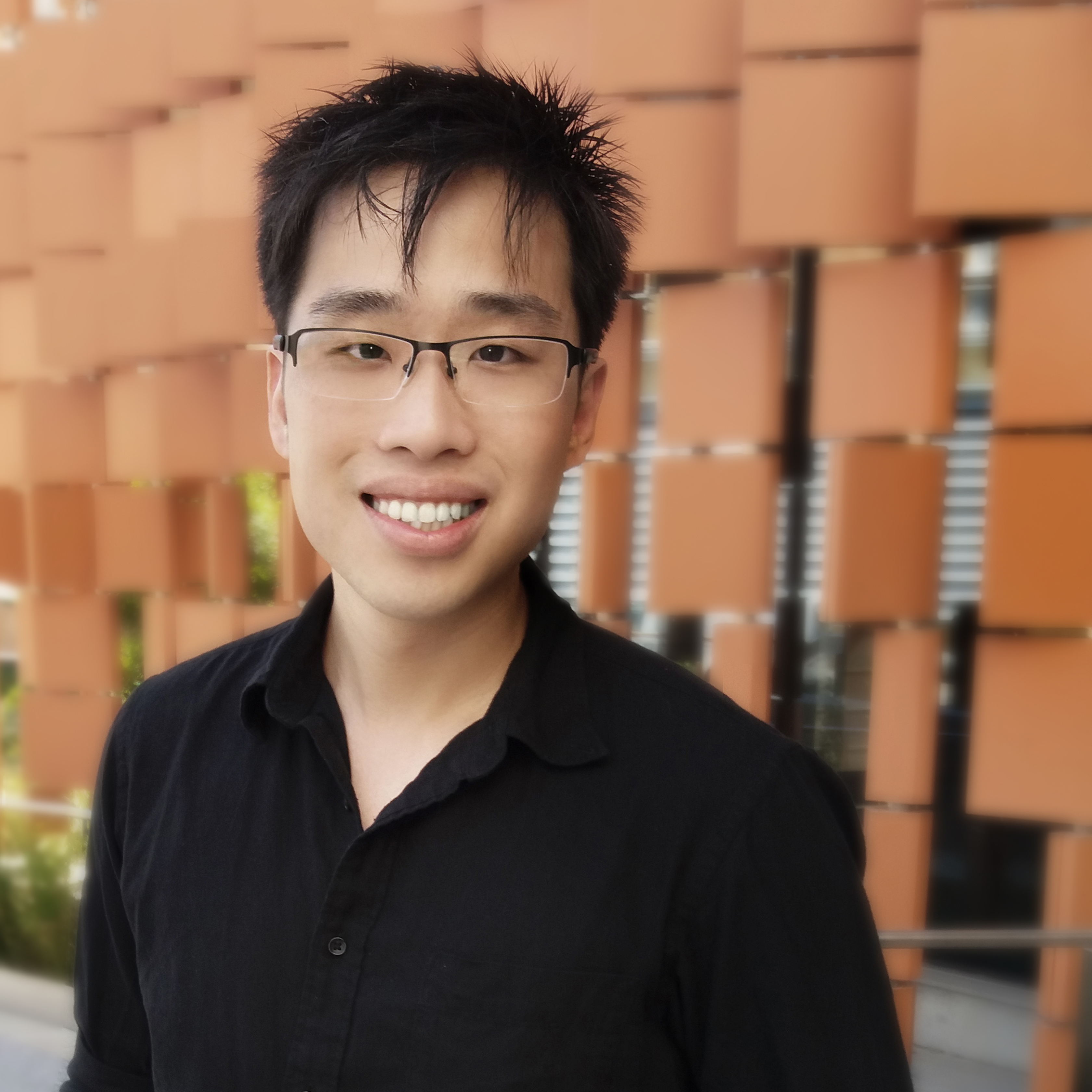


Dr. Brandon Koh is a Lecturer at the Singapore University of Social Sciences. He received his Ph.D. in Psychology at the Singapore Management University in 2019. To date, he has published eight peer-refereed journal articles and book chapters at reputable outlets, including top-tier journals such as the Journal of Personality and Social Psychology, Journal of Experimental Social Psychology, and Journal of Organizational Behavior. Brandon was awarded the Presidential Doctoral Fellowship Award 2018-2019, which recognizes the top 5% Ph.D. Candidates for their excellence in teaching and research outputs. Brandon’s research focuses on motivation, creativity, and culture. He is also very passionate about teaching, particularly on the topics of research methods and statistics. Brandon also strongly advocates for effective, concise, and accurate communication of science to the general public. Attesting to these speaking abilities, he was the winner of Singapore’s first nationwide 3-Minute Thesis competition, and represented Singapore at the 2017 Asia-Pacific 3MT competition. Brandon was the first Ph.D. candidate invited to speak on Singapore’s TEDx stage, at TEDxNTU 2017.
Have you ever imagined what the future will look like 50 years from now? In my research, I discovered that thinking about the future can enhance our creativity. Truly creative ideas are often extremely rare, and the pervasive reliance on schemas is one of the strongest barriers to creativity. But what if we could replace our creativity-limiting schemas with a creativity-facilitating one? I discovered that people’s future-oriented schemas are inundated with expectation of change and progress. If activated, these schemas shape people’s creative ideas to enhance their originality.
Learn more about this research from my TEDxNTU 2017 talk, “A Time for Creativity”
How’re you feeling today? “Busy” is fast replacing “Good” in our everyday exchanges. The modern world has become immersed in a culture of busyness. Increasingly, people report more stress and time-crunch, yet simultaneously extols busy individuals as highly competent and in-demand.
However, do people actually want to feel busy, and are these emotions useful for them? The intuitive answer is no, busyness is an unpleasant emotion associated with high workloads. Some will even link it to exhaustion, stress, and workaholism.
Yet, busyness could be an emotion useful for us. From an instrumental emotional regulation perspective, people sometimes wish to feel emotions that are useful rather than pleasant. For example, some people want to feel angry, which actually helps them perform better in competitive situations. Sadness has also been linked to enhanced cognitive performance.
Busyness could block out distraction and energize persistence, or it could lead to stress and reduced performance. It turns out that our preference for busyness differentiates how busyness will affect us.
My research indicates that people with a higher preference for busyness actively seek out busier situations, and exhibit better cognitive performance when workloads are higher. However, those averse to feeling busy do poorly under pressure, even though they perform just as well when workloads are low.
This autonomous pursuit of busyness is also differentiated from workaholism, which did not show similar performance benefits. Importantly, this changes the narrative that high levels of work engagement does not necessarily mean workaholism, which had previously been linked to burnout and health problems. Recognizing that preference for busyness can be autonomous rather than compulsive and that it can lead to positive benefits fills an important research gap in our increasingly busy societies.
If you are not too busy, or if you are, read more about this research here.
Together with his Former Ph.D. advisor, Dr. Angela Leung and members of the MC3 Lab, Brandon also remains actively involved in research in Environmental Psychology and the Psychology of Paradox.